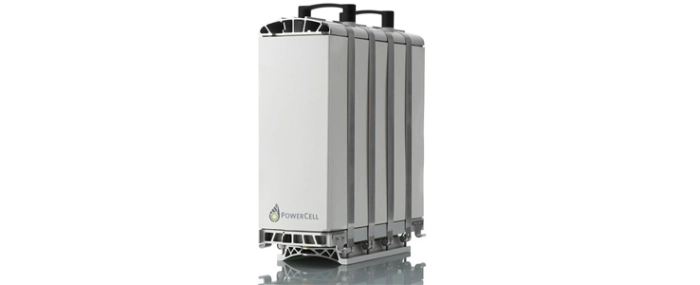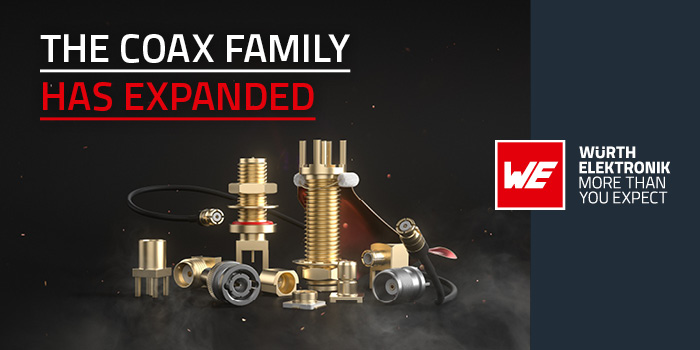
© PowerCell Sweden AB
Electronics Production |
PowerCell signs joint development agreement with Bosch
PowerCell and Robert Bosch GmbH have signed an agreement regarding the development, production and sale of the PowerCell S3 fuel cell stack for the automotive segment.
Bosch has previously received deliveries of PowerCell fuel cell stacks for their systems and in December last year, the parties signed a term sheet regarding a joint development cooperation for PowerCell S3 for the automotive segment. The final agreement includes a joint development of PowerCell S3 and gives Bosch an exclusive, global right to produce and sell the jointly improved version of the PowerCell S3 in fuel cell systems for automotive applications like passenger cars, trucks and buses for seven years following start of production. For these rights Bosch pays PowerCell EUR 50 million in a lump sum and, in addition to that, a royalty fee for every product sold during the contract period.
“By teaming up with Bosch we can achieve a commercial break-through within the automotive industry that would be very hard for us to accomplish on our own”, Per Wassén, CEO of PowerCell, says in a press release.
“In the fuel-cell domain, Bosch already has a strong hand, and the alliance with PowerCell makes it even stronger. Commercializing technology is one of our strengths. We are now going to take on this task with determination and develop this market,” says Dr. Stefan Hartung, member of the Bosch board of management and chairman of the Mobility Solutions business sector.
The current version of PowerCell S3 has a power range of 30-125 kW, runs on pure hydrogen and is based on PEM technology. The PowerCell S3 has world-leading power density and is built with bipolar plates made of steel to be able to withstand and function under rough and varying conditions.
PowerCell will maintain its rights to commercialise the S3 stack and the jointly developed new version of the S3 in non-automotive applications, like stationary and marine applications, which are not covered by the agreement. The agreement does not cover the fuel cell stack being developed by PowerCell within the German Project Autostack Industrie, ASI, partly founded by the German Government and where PowerCell is one of the partners together with the German OEMs BMW, Daimler, Ford and Volkswagen. The agreement also does not cover the PowerCell S2 fuel cell stack.
“This agreement gives us an unparalleled possibility to leverage our S3 technology within the automotive industry while at the same time providing us with the resources needed for a successful expansion into other product segments”, says Per Wassén, President and CEO of PowerCell. “PowerCell has a clear mission – to save the planet – and with this agreement we get both the market and financial position needed to continue to leverage our cutting-edge technology commercially.”


